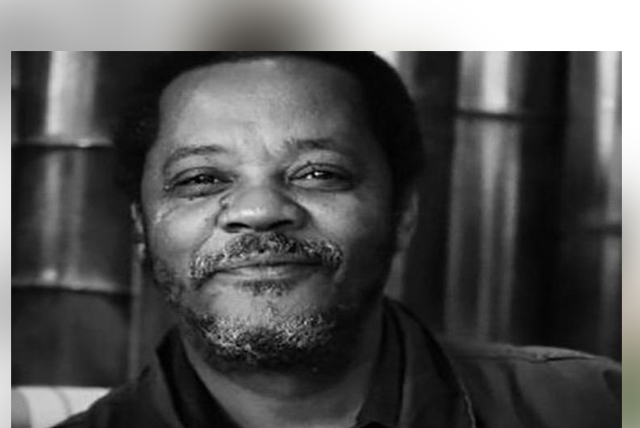
The Sunday Mail

Continued from last week
Dede Amanor-Wilks —
Despite Sam’s thoroughly professorial lifestyle, he always made time for people and his kindness was legendary. He always extended a helping hand and would never reject any plea for assistance.
There were weekend invitations for almost everyone he met and at Christmas he would invite development partners who had not been able to make it home.
His integrity ensured that his expertise was sought not only by the ruling Zanu-PF party, but also by organisations representing both communal farmers and commercial farmers, as well as by donors.
Professor Sam Moyo developed an intriguing relationship with the World Bank through its land expert in Harare, Rogier van den Brink. Rogier and his wife Natasha Mukherjee would visit us often at home and the two men would engage in sometimes fierce theoretical and policy debates over land reform.
Despite the vigorous arguments, the two never stopped meeting to try and influence each other’s position, though it may be noted that Sam remained uncompromising in his defence of the A1 land reform policy, under which land was alienated from European settlers to communal farmers across Zimbabwe.
Despite this stand, interestingly, at the time of Sam’s untimely death, the World Bank was reportedly in the process of appointing Sam to a high-level panel on land reform.
After setting up the African Institute of Agrarian Studies (AIAS) in the early 2000s, Sam broadened the focus of his work from Southern Africa to a more Pan-African outlook.
This coincided with his deeper engagement with Codesria, as vice president and subsequently president. Sam’s work on the land question gradually became more directed to the Global South as he began working closely from the mid-2000s with Brazilian scholar Paris Yeros.
This work culminated in the launch of the Agrarian South Network and Journal, through which Sam began working with Gyekye Tanoh of Third World Network in Ghana and Dzodzi Tsikata, now president of Codesria and newly-appointed director of the Institute of African Studies at the University of Ghana; while he also became engaged with prominent scholars and activists from the Indian sub-continent, including Praveen Jha.
Brazilian academics Paris Yeros and Marcelo Rosa survived the tragic accident that took Sam’s life. Sam and I enjoyed a fruitful marital and intellectual collaboration throughout the 1990s.
Though our marriage ran aground in the 2000s, we remained great friends, regularly in touch over our mutual interests, primarily the children. Sam continued to take interest in my research, occasionally borrowing books from my library on economic history.
I also continued to follow his interest in the land question and to reference his work in my own research. One of the last workshops in which Sam was deeply involved took place in Accra in July last year. He made a joint presentation with our daughter Qondi, that was a source of deep satisfaction for both of them.
At the time of Sam’s untimely death, Qondi was working under her father’s guidance to turn their presentation into a joint paper for publication. Despite Sam’s thoroughly professorial lifestyle, he always made time for people and his kindness was legendary.
He always extended a helping hand and would never reject any plea for assistance. There were weekend invitations for almost everyone he met and at Christmas he would invite development partners who had not been able to make it home.
His kindness and dynamism ensured that there were always people in our home, including many enduring friends. He loved people in the greatest sense and that love was returned in equal measure, as shown by the out pour of emotions following his fatal accident on November 20, 2015 and his shocking death two days later.
In terms of his intellectual capacity, ideological outlook and extraordinary sociability, Sam shared traits with the late Nigerian Pan-Africanist and former secretary-general of the Pan-African Movement, Tajudeen Abdul-Raheem.
In April 2009, Sam visited Nairobi, where I was based, as a director for an international organisation, with my daughters Qondi and Zandi. Tajudeen was also based in Nairobi and, by chance with his two daughters Aida and Ayesha came from London at the same time to spend the holidays with their father.
The seven of us ended up driving to Mombasa for the Easter break. While the four girls and I concentrated on water sports, Sam and Tajudeen were locked in marathon intellectual and comradely debates on the problem of African underdevelopment.
Just a month later, Tajudeen was to die in tragic circumstances, thrown from his vehicle while on the airport road bound for Kigali to meet the Rwandan president.
Sam’s death last year in a similarly tragic road accident while on a Global South mission in India points poignantly to the fragility of life and the important need for Africa to celebrate its scholars in life, and not only in death. — Pambazuka News



